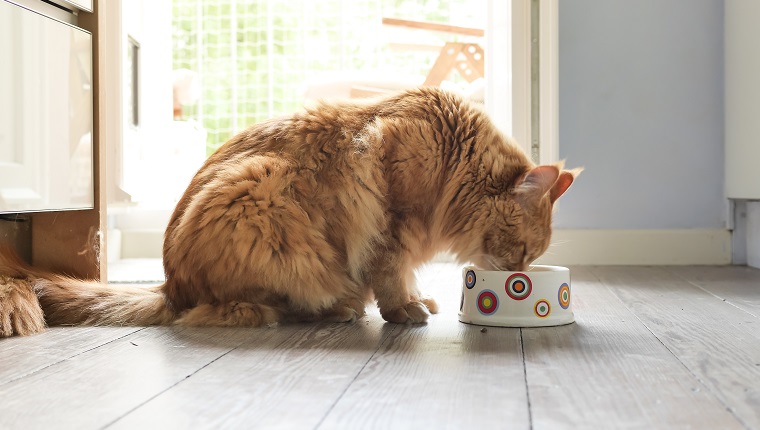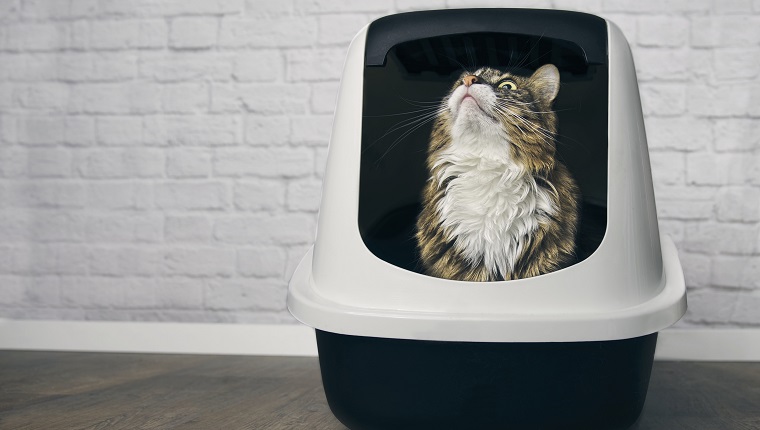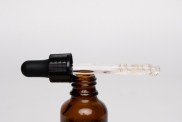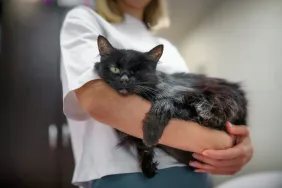Inflammatory bowel disease in cats is a condition that causes the gut to become chronically inflamed. It’s often abbreviated to IBD.
The inflammation caused by IBD can go by different names depending on which area of the gastrointestinal tract is affected. It is called colitis when the colon is affected, gastritis when the stomach is affected, and enteritis when the small intestines are affected.
If you see the signs of IBD in your cat, then you must get to a veterinarian for a proper diagnosis and treatment. Here’s what you should know about the symptoms, causes, and treatments for inflammatory bowel disease in cats.
Symptoms Of Inflammatory Bowel Disease In Cats
The main symptom of inflammatory bowel disease in cats is weight loss.
Along with weight loss, the following symptoms may also present themselves in a cat with IBD:
- Vomiting
- Diarrhea
- Eating either more or less food than usual
In general, a cat suffering from IBD might also become more withdrawn and lethargic.
Causes Of Inflammatory Bowel Disease In Cats

The exact cause of inflammatory bowel disease in cats isn’t well understood.
Studies seem to indicate that diet, the immune system, and the bacteria in a cat’s gut may all play a role, and IBD could develop as a result of the way these factors interact with each other.
Studies also show that IBD is more likely to affect older or mature cats; although, no breeds are considered more at risk for developing the condition.
Treatments For Inflammatory Bowel Disease In Cats
When it comes to treatment for inflammatory bowel disease, your veterinarian will first attempt to diagnose your cat by ruling out certain other common conditions. This process is known as a diagnosis of exclusion.
Some other issues that vets will want to rule out include:
- Intestinal parasites
- Viral infections
- Food allergies or intolerance
Lab blood tests can help your vet rule these conditions out. After that, your vet might suggest an ultrasound or even a biopsy to find out what’s going on with the intestines.
Your vet might prescribe corticosteroids, but vets often consider making changes to a cat’s diet to be the best way to manage IBD. Your vet can help plan changes to your cat’s diet, which will be based on your pet’s specific needs, rather than one fix-all diet or brand of food.
Has your cat ever suffered from IBD? Did your vet advise you to make changes to your cat’s diet? Let us know in the comments section below!









